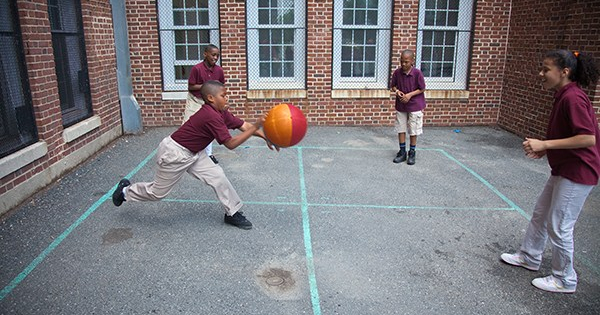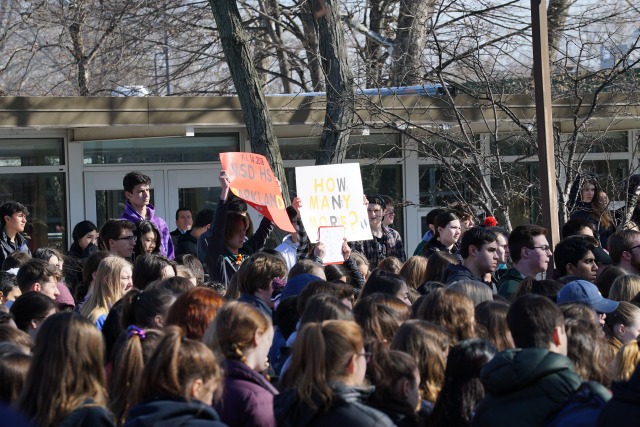
I am not what is considered a “typical” Asian. I don’t have straight A’s or strict parents. I don’t take all honors classes and don’t hang out with people only of my race. I am not your “typical” Asian and because of these stereotypes, I am forced to think about my education as a result of my race everytime I walk into school.

I found myself back in middle school, sulking in a classroom as I watched my friends have fun at recess. Academic lunch was what it was called, the opportunity for students to get a head start or in this case catch up on homework during lunch. I knew I could’ve been out there playing Four Square, but instead, I decided not to do my homework and was now sacrificing my recess to get it done before class. Middle school was admittingly a struggle. I didn’t keep up with my classes, slacked off on my homework and didn’t put in the needed effort to succeed. My friends (who at the time were mostly Asian) were opposite, they were in the “accelerated” programs and were consistently on top of their workload. I, in turn, was left behind. A friend of mine who I normally saw during this academic lunch came up to me (He had just made up a quiz).
“Why are you here? shouldn’t you be on top of your stuff, you’re Asian right?” He asked. He wasn’t wrong, I’m quarter Filipino, half Chinese, and quarter Caucasian. I was more flustered, beaten down by the fact that a stupid assumption had just been made about how I looked. My mind was silenced however and within the confines of Bobbie Harros “Cycle of Socialization,” I was too afraid to be refuted. “People who try to contradict the “norm” pay a price for their independent thinking” (49). For the first time in my short life, I had felt somewhat helpless.

These assumptions continued through high school and I eventually talked with my parents about my race. They made it clear that I shouldn’t conform to these stereotypes. They didn’t want me to be quiet, they wanted me to more outgoing, to be involved in activities. I was told to take leadership positions because it would make me “look better” to others rather than a quiet kid. Upon reflection from this, I think about how McIntosh’s piece pertained to my racial identity. “If I have low credibility as a leader I can be sure that my race is not the problem” (4). The reality was that my parents didn’t want me to be like my friends; they didn’t want me to be suppressed by my racial assumptions in school. This discussion ultimately affected me heavily and it changed the course of my high school career. I changed how I viewed myself as a person. Frankly, if I wasn’t told about this I wouldn’t be who I am today.

From the time that I learned what a stereotype was in Modern Family (an Asian person was shown reversing a car into a trash can), to the moment where I sat in academic lunch, I still think about these assumptions every day in school. It isn’t uncommon for my friends to tell me that I can get into any college, be successful in all my classes, and not have to study, however, I’ve branched out from these stereotypes. I am not your “typical” Asian. I don’t speak a foreign language, know every other person of my race or study every night, but if I have learned one thing, it has been to embrace who I am and not conform to the assumptions made about me when stepping foot in school.
(Video) Canwen Xu’s Ted Talk resonated with me as her story resembles my feelings towards stereotypes. During her Ted Talk, Xu describes growing up with assumptions made about her race and how she overcame the conformity of fitting into those stereotypes.

How do you move beyond rejecting a stereotype to finding who you are? You address the conversation you had with your parents wherein they encouraged you to reject some of the stereotypes in favor of being a leader and being more outgoing – is this about rejecting a stereotype or is it about finding who you are and embracing that? How do you differentiate between the two if you’ve got assumptions pushing on you that you just push directly back against?
LikeLike